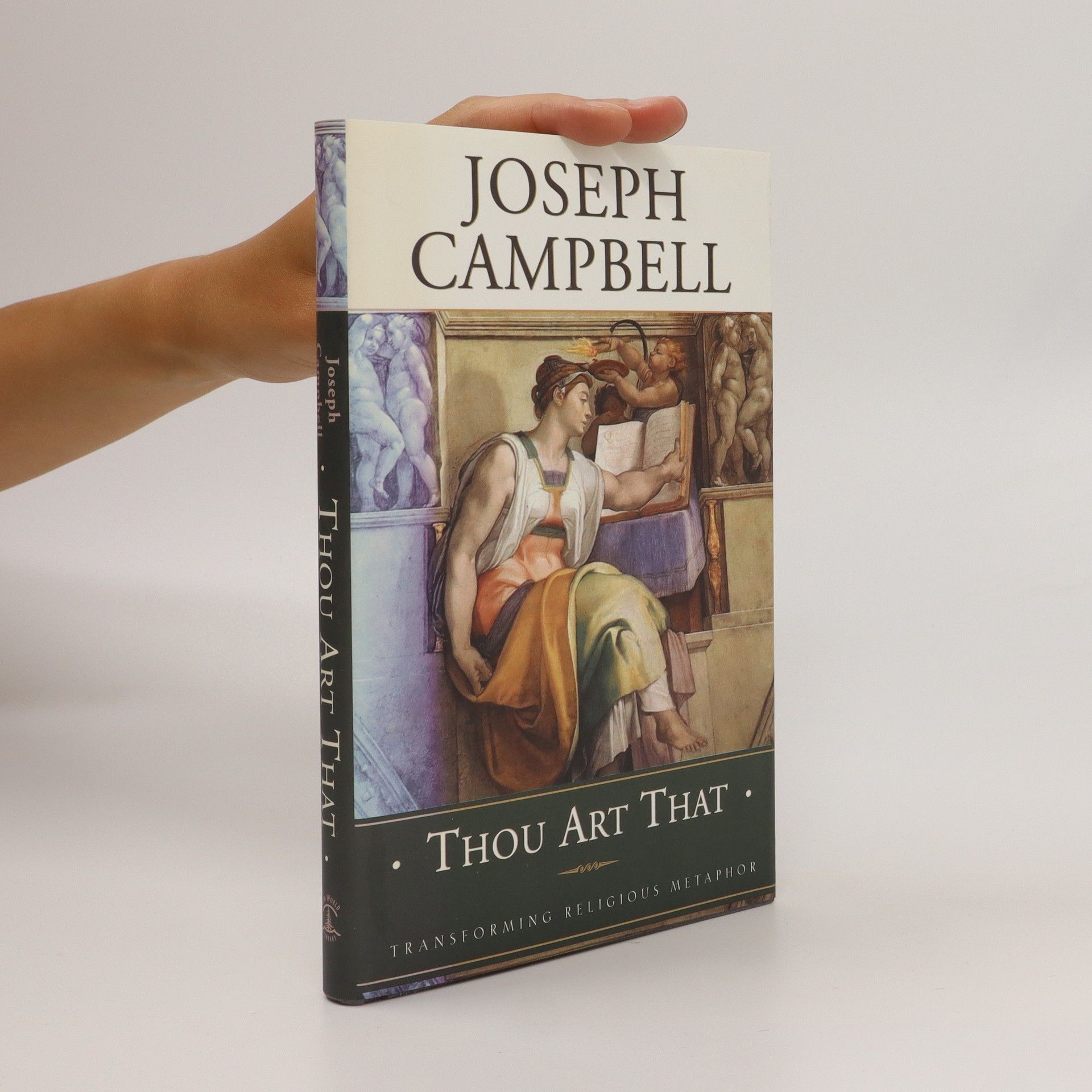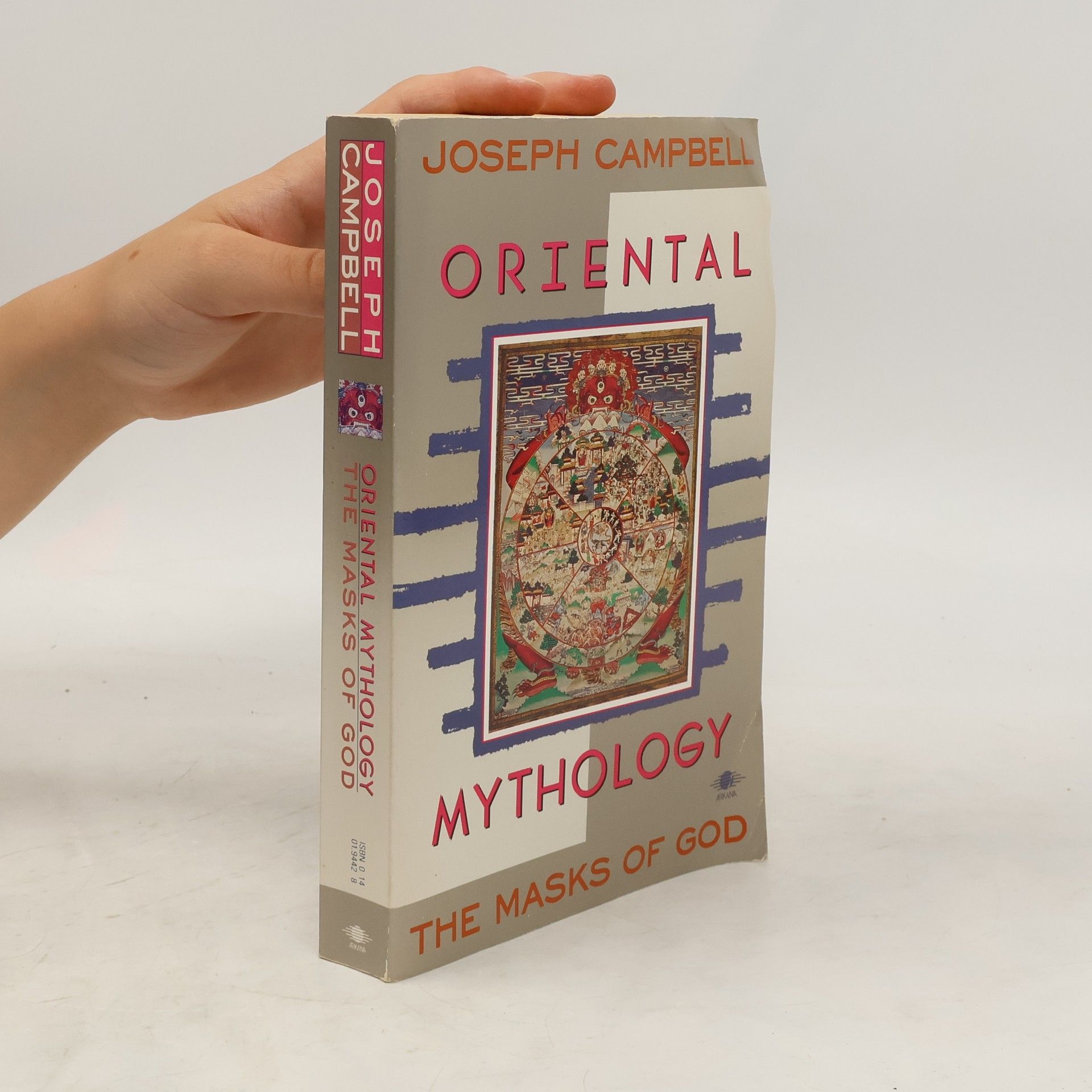Celebrated scholar Joseph Campbell shares his intimate and inspiring reflections on the art of living in this beautifully packaged book, part of a new series to be based on his unpublished writings.
Joseph Campbell Libros
Joseph Campbell fue un autor y profesor estadounidense, reconocido por su trabajo en mitología comparada. Su extensa investigación reveló que, a pesar de las variaciones culturales, todos los mitos y épicas se conectan dentro de la psique humana. Campbell postuló que estos mitos son manifestaciones de una necesidad humana universal para explicar la realidad. Sus escritos exploran profundos patrones de viajes arquetípicos que resuenan a través de las historias y culturas humanas, ofreciendo a los lectores una perspectiva única sobre las experiencias humanas compartidas.

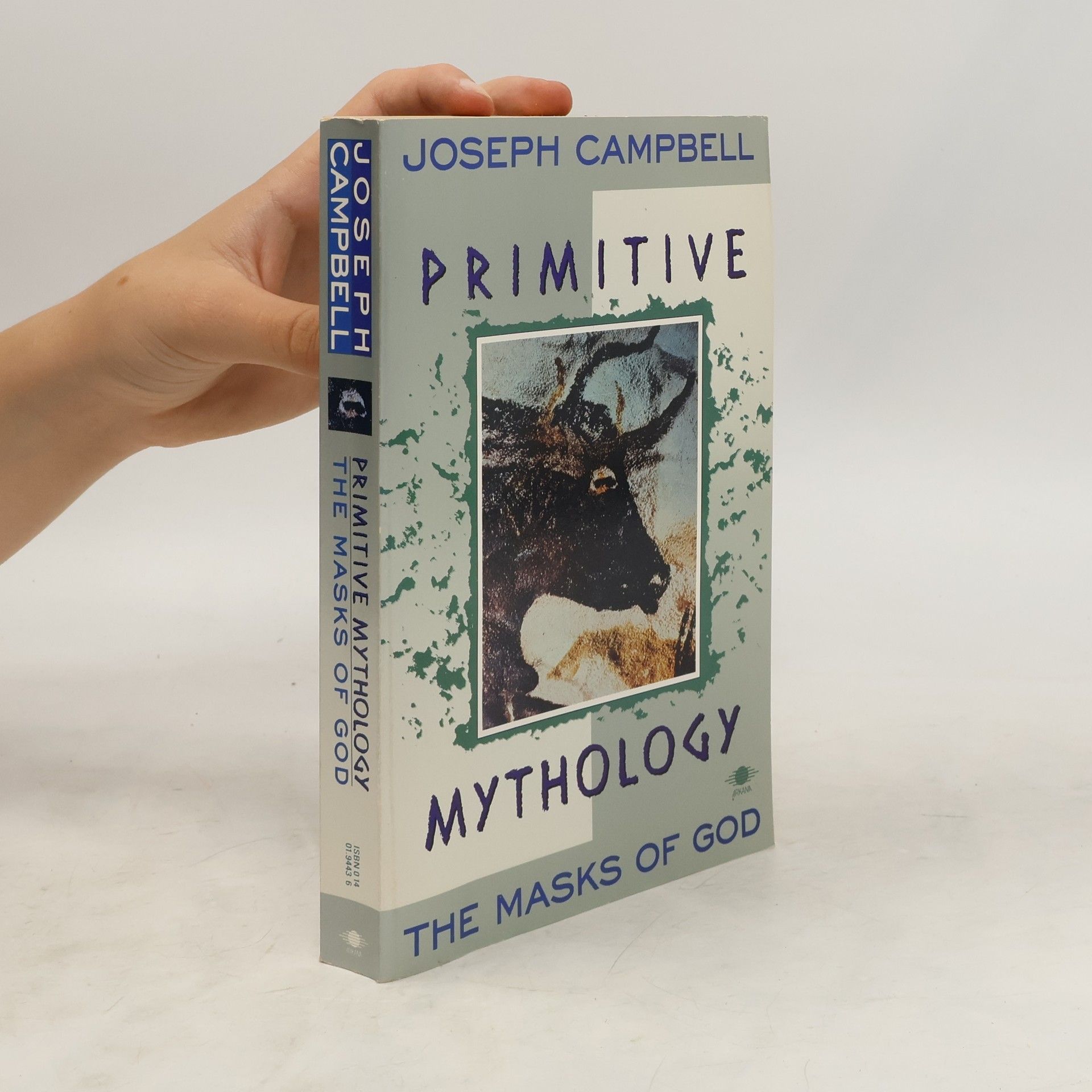


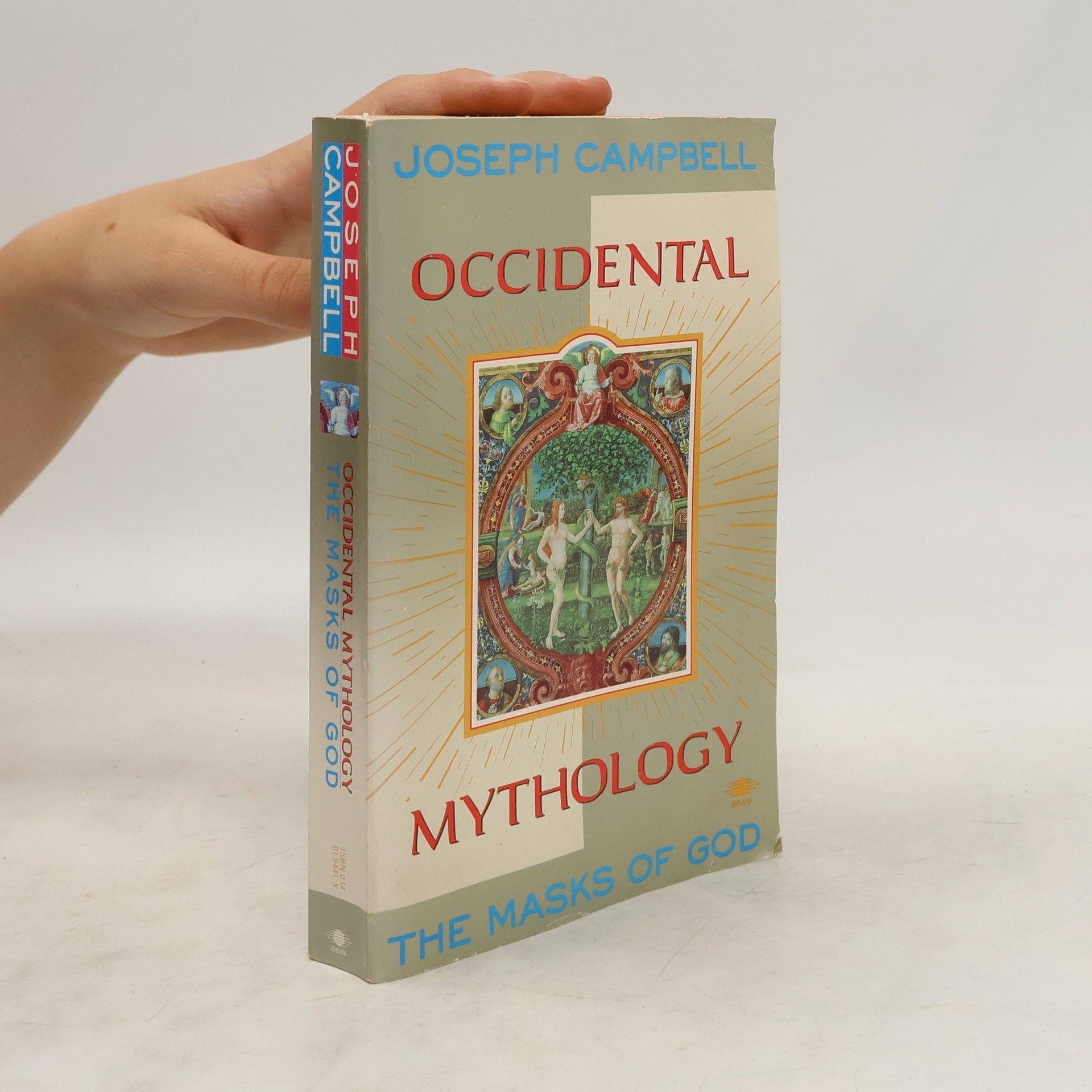

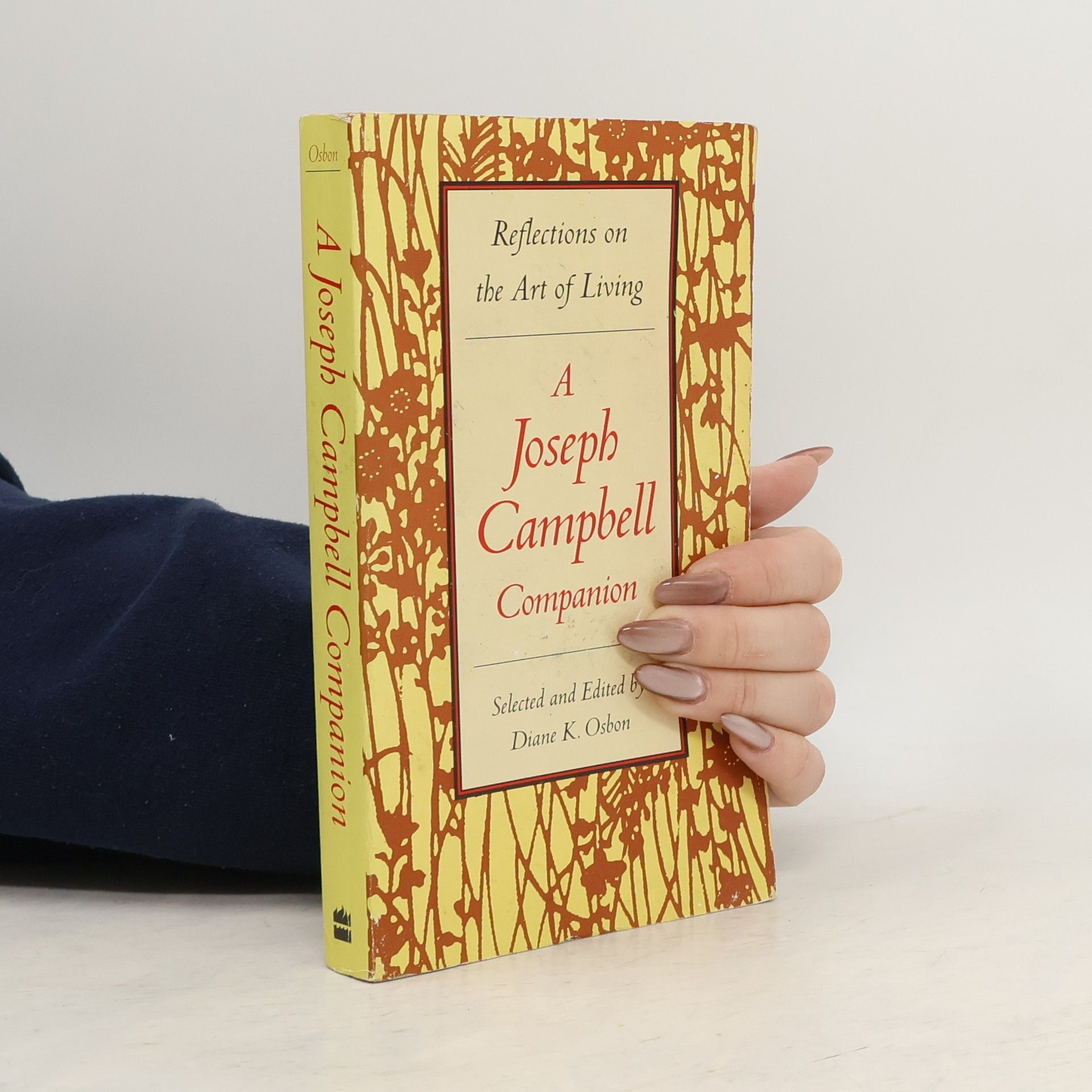
The third volume in Campbell's monumental four-volume series, The Masks of God, traces the mythological underpinnings of Western religion: the shift from female-centered to male-dominated mythology Once upon a time in the West, the focal figure of all mythology and worship was the bountiful Goddess Earth. She reigned supreme as the mother and nourisher of life and as the receiver of the dead for rebirth. How, when, and why did this change? As Campbell here elucidates, She was more than a symbol of fertility; she was "a metaphysical symbol: the arch personification of the power of Space, Time, and Matter, within whose bound all beings arise and die." Campbell shows how the mythologies of the goddess were radically transformed, reinterpreted, and in large measure suppressed "by those suddenly intrusive patriarchal warrior tribesmen whose traditions have come down to us chiefly in the Old and New Testaments and in the myths of Greece." Campbell goes on to describe the mythological underpinnings of Western religion -- Judaism, Christianity, Islam, Zoroastrianism -- and their historical influence on one another. No one who cares about history, mythology, or past or current events in the lands from whence we came can do without this venerable yet remarkably contemporary analysis.
V.1. Primitive mythology. v.2. Oriental mythology. v.3. Occidental mythology. v .4. Creative mythology.
Creative Mythology
- 748 páginas
- 27 horas de lectura
In this climax to his series of studies on world mythologies, the author examines a process he sees as beginning in the mid-twelfth century in the west - an accelerating disintegration of the orthodox tradition.
The Mythic Dimension
- 360 páginas
- 13 horas de lectura
Writings on myth, culture, art, and history by one of the 20th century's greatest mythologists
Primitive Mythology
- 504 páginas
- 18 horas de lectura
The author of such acclaimed books as Hero With a Thousand Faces and The Power of Myth discusses the primitive roots of mythology, examining them in light of the most recent discoveries in archaeology, anthropology, and psychology.
The Hero's Journey
- 336 páginas
- 12 horas de lectura
A collection of conversations, interviews, speeches, and book quotes that provide insight into the thinking of philosopher and writer Joseph Campbell.
Thou Art that
- 192 páginas
- 7 horas de lectura
Thou Art That is a compilation of previously uncollected essays and lectures by Joseph Campbell that focus on the Judeo-Christian tradition. Here Campbell explores common religious symbols, reexamining and reinterpreting them in the context of his remarkable knowledge of world mythology. According to Campbell, society often confuses the literal and metaphorical interpretations of religious stories and symbols. In this collection, he eloquently reestablishes these metaphors as a means to enhance spiritual understanding and mystical revelation. With characteristic verve, he ranges from rich storytelling to insightful comparative scholarship. Included is editor Eugene Kennedy’s classic interview with Campbell in The New York Times Magazine, which brought the scholar to the public’s attention for the first time.
V.1. Primitive mythology. v.2. Oriental mythology. v.3. Occidental mythology. v .4. Creative mythology.
Onversations between Joseph Campbell and Bill Moyers, a television journalist, discussing mythology and our ties to the past.

